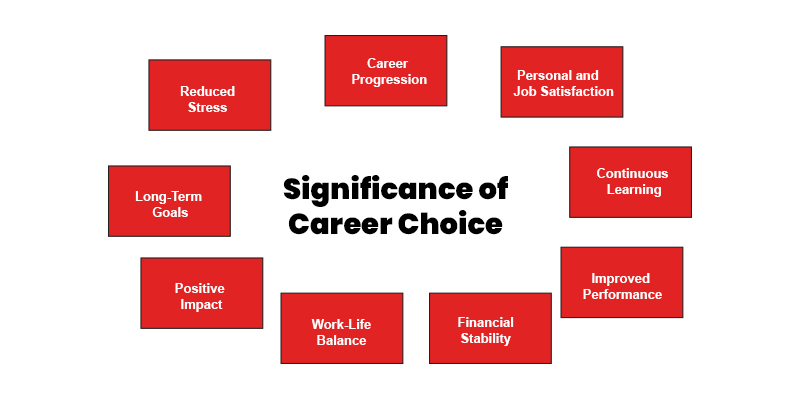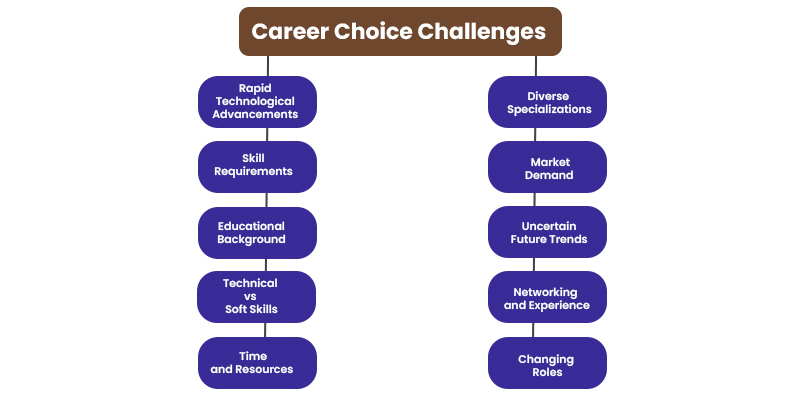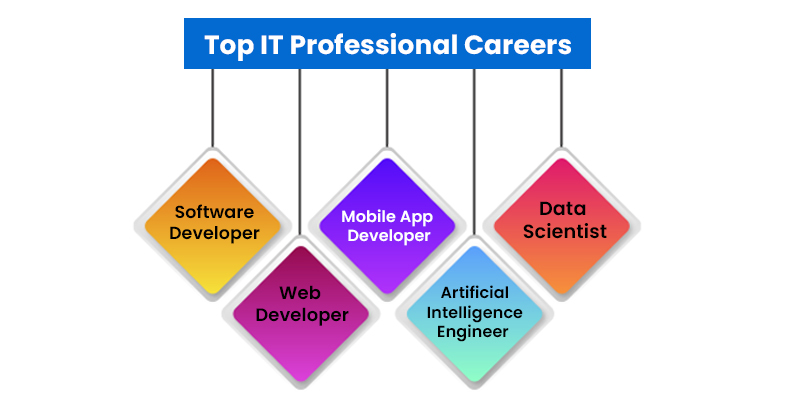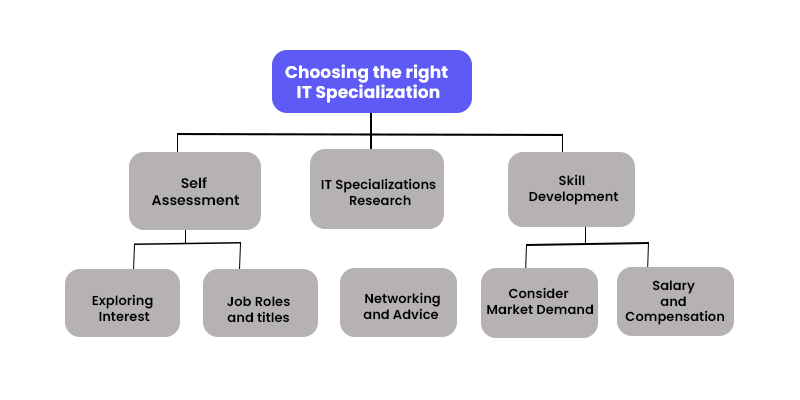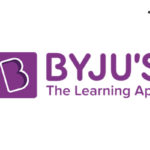Information Technology (IT) is a vast landscape which can be both exciting and overwhelming. IT is typically referred to as the utilization of hardware, software, services and the process of supporting infrastructure to manage and deliver information.
With many specializations to choose from, finding the right path can seem like a challenge. But however, by considering your interests, skills, market demand, and future trends, you can make an informed decision that is relevant to your career aspirations. So in this blog, we will guide the candidates who are seeking freshers jobs with tips for choosing which career is best for them.
Why is it important to choose the Right Career?
The following points below explain why choosing the right specialization is important for an individual.
- Personal and Job Satisfaction: A career relevant to your interests, values, and passions provides a deep sense of satisfaction and meaning in your daily work. When you’re engaged in something you enjoy, your job becomes more than just a source of income. It becomes a fulfilling pursuit that enhances your quality of life. When you are in a career that is relevant to your interest, you will more likely experience job satisfaction. This approach will affect your mental and emotional well-being in a positive way and results in overall success and increased productivity.
- Continuous Learning: The best career choice often involves ongoing learning and growth. Engaging in tasks that challenge you will help in developing new skills and broaden your knowledge base, keeping your mind active and engaged.
- Improved Performance: When you are passionate about your work, you will try to put all your effort and dedication into getting the desired output. This leads to increased productivity, higher quality output, and a great opportunity to excel in your field.
- Financial Stability: A well-chosen career can offer financial stability and growth opportunities. A career that’s in demand and matches your skills and expertise is more likely to provide you with a good income.
- Work-Life Balance: The right career fit can lead to a healthier work-life balance. Engaging in work that you find meaningful and enjoyable reduces the likelihood of burnout and allows you to manage your time more effectively.
- Positive Impact: Many careers contribute to the development of society or a specific community. When you’re working in a field that aligns with your values, you have the chance to make a positive impact on the world around you.
- Long-Term Growth: Making the best career choice based on your strengths and interests can lead to long-term success and growth. By continually developing the skills you’re passionate about, you position yourself for sustained achievements.
- Reduced Stress: Being in a career that you are interested in can significantly reduce stress levels. Dealing with tasks you find interesting and enjoyable can make the challenges and demands of the job more manageable.
- Career Progression: When you choose a career that is based on your interests and strengths, it will help you in professional development and seek out advancement opportunities. This can also lead to promotions, increased responsibilities, and higher positions within your chosen field.
Are you in search of job vacancies in Bangalore? Then you can look for job opportunities available in that city. Visit fresher job openings in Bangalore to find job roles that are relevant to your skills.
Challenges in Choosing the Right Career
Selecting the right IT specialization can be complicated, particularly due to the dynamic nature of the technology industry. Listed below are Challenges that are faced by the candidates in choosing the right it roles.
- Rapid Technological Advancements: The IT field evolves quickly and undergoes constant changes, with new technologies emerging frequently. Staying updated and predicting which technologies will remain relevant can be challenging.
- Diverse Specializations: The IT sector offers enormous specializations, from cybersecurity and data science to software development and cloud computing. Choosing from this wide array of options can be overwhelming.
- Skill Requirements: Different specializations require various skill sets. Analyzing your current skills and determining the skills needed for a particular specialization might be complex, especially if you’re transitioning from a different field.
- Market Demand: While it’s important to choose a specialization that is relevant to your interests, considering the demand for that specialization in the job market is also important. Some specializations might have only limited job opportunities, which could impact your long-term job prospects and overall professional growth.
- Educational Background: Your educational background might impact your choice to take up a specific it roles. Some roles might require a specific degree or certification, while others might be more flexible.
- Uncertain Future Trends: Predicting the future demand for specific IT specializations can be quite challenging due to the unpredictable nature of technological advancements.
- Technical vs Soft Skills: While technical skills are vital in IT, soft skills like communication, teamwork, and problem-solving are also crucial. Finding a specialization that aligns with your strengths in both areas can be challenging.
- Networking and Experience: Building professional connections within your chosen IT specialization is a very important aspect of finding opportunities and staying informed about industry trends. Lack of networking or relevant experience might be challenging.
- Time and Resources: Learning a new IT specialization requires time, effort, and often financial investment for courses, certifications, or degrees. Balancing these commitments and responsibilities with other responsibilities can be demanding.
- Changing Roles: The roles within IT specializations can change rapidly. A specialization that seems clear today might evolve into something complicated and different by the time you’re fully trained.
Redington offers diverse job opportunities for freshers. Interested candidates can click Redington Jobs For Freshers to explore various job vacancies relevant to their skills and abilities.
Top IT Professional Careers
Given below are some of the best careers in the IT Industry.
- Software Developer: A software developer is referred to as a professional who designs, creates, tests, and maintains software applications, systems, and solutions. They play a vital role in software development, from conceptualization and design to implementation and ongoing maintenance. Software developers use programming languages, development tools, and methodologies to bring digital solutions to life, addressing various needs and challenges in different industries.
- Web Developer: Web Developers are programmers who totally concentrate on coding, designing, and building out the layouts of websites that are functional, user-friendly, and visually appealing. They use a combination of programming languages, design principles, and technologies to build and maintain websites.
- Mobile App Developer: Mobile App Developers are professionals who concentrate on the area of expertise of creating, coding, and testing for mobile applications which are accessible through mobiles. Mobile app developers use various programming languages, frameworks, and tools to create applications that offer functionality, UX, and features to develop unique capabilities and limitations of mobile platforms.
- Artificial Intelligence Engineer: Artificial Intelligence (AI) Engineer is a specialized professional who focuses on designing, developing, and implementing AI technologies and systems. AI Engineering is one of the best it roles, in which the professional work at the forefront of technological innovation, creating intelligent solutions that can perform tasks that need human intelligence, which involves decision-making, problem-solving, etc.
- Data Scientist: A Data Scientist is a professional who analyzes and interprets complex data to extract valuable insights and inform strategic decisions. Data scientists will use a combination of statistical analysis, machine learning techniques, programming skills, and domain expertise to discover patterns, trends, and correlations within large datasets.
How to Choose the Right IT Specialization?
Choosing the right IT specialization is a very significant decision that involves careful consideration of your interests, strengths, market trends, and career goals. Here are some steps that will guide you in choosing the IT specialization that is relevant to your aspirations.
- Self Assessment: Start by evaluating your skills, strengths, and interests. What aspects of IT do you enjoy the most? What type of work engages you? Consider your aptitude level knowledge for programming, problem-solving, design, analysis, and communication.
- IT Specializations research: Research various IT specializations to understand what are the skill requirements in each field. Explore specializations such as web development, mobile app development, data science, cybersecurity, cloud computing, artificial intelligence, and more. Read about the responsibilities, technologies used and potential career paths for each specialization.
- Skill Development: Assess your current skill set and identify the skills required for the specialization you’re considering taking up. See what all courses, certifications, or self-study you have to pursue. Consider your willingness to acquire new skills to excel in that specific specialization.
- Exploring Interests: Reflect on your personal interests, skills and hobbies. If you enjoy a specific area of technology outside of work, it might be worth considering as a specialization. Passion for your chosen field can lead to a more fulfilling career.
- Job Roles and Titles: Research about the various types of jobs associated with the specialization. Understand the types of positions you can pursue, such as software developer, data analyst, network engineer, etc.
- Networking and Advice: If you’re uncertain about what specialization to choose, consider seeking guidance from career counselors or mentors, connect with professional experts in the IT field, or attend tech events. They can provide you with a lot of valuable insights based on their experiences, providing valuable perspectives on different specializations and helping you make an informed decision.
- Consider Market Demand: Investigate the demand for various IT specializations. Look at job vacancies, industry reports, and trends to identify which areas have a growing job market. Choosing a specialization with strong demand can lead to better job prospects and lead to career development.
- Salary and Compensation: While passion is important, considering the earning potential of your chosen specialization is another important aspect. Research average salaries for roles within the field to make sure that it aligns with your financial goals.
- Personal Fit: Evaluate how well a specialization is relevant to your personality and work style. Some specializations require creativity, while others demand attention to detail. Choose a path that is relevant to your preferences.
In conclusion, choosing the right IT specialization is an essential decision that helps in developing your career path and personal fulfillment within the vast and dynamic world of diverse technologies. Your journey towards the right IT specialization involves a blend of self-discovery, research, consideration of market trends, and alignment with your long-term aspirations. So in this blog, we explored the Importance of choosing the right it roles, the challenges in choosing it, and tips for how to choose the right IT Specialization.



